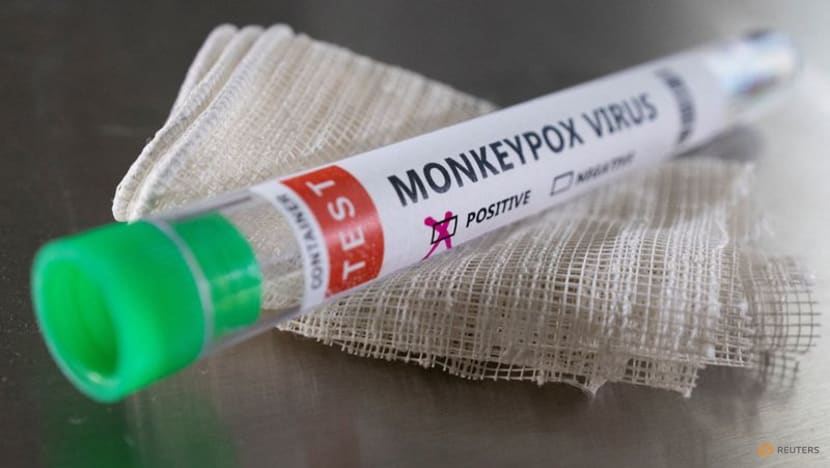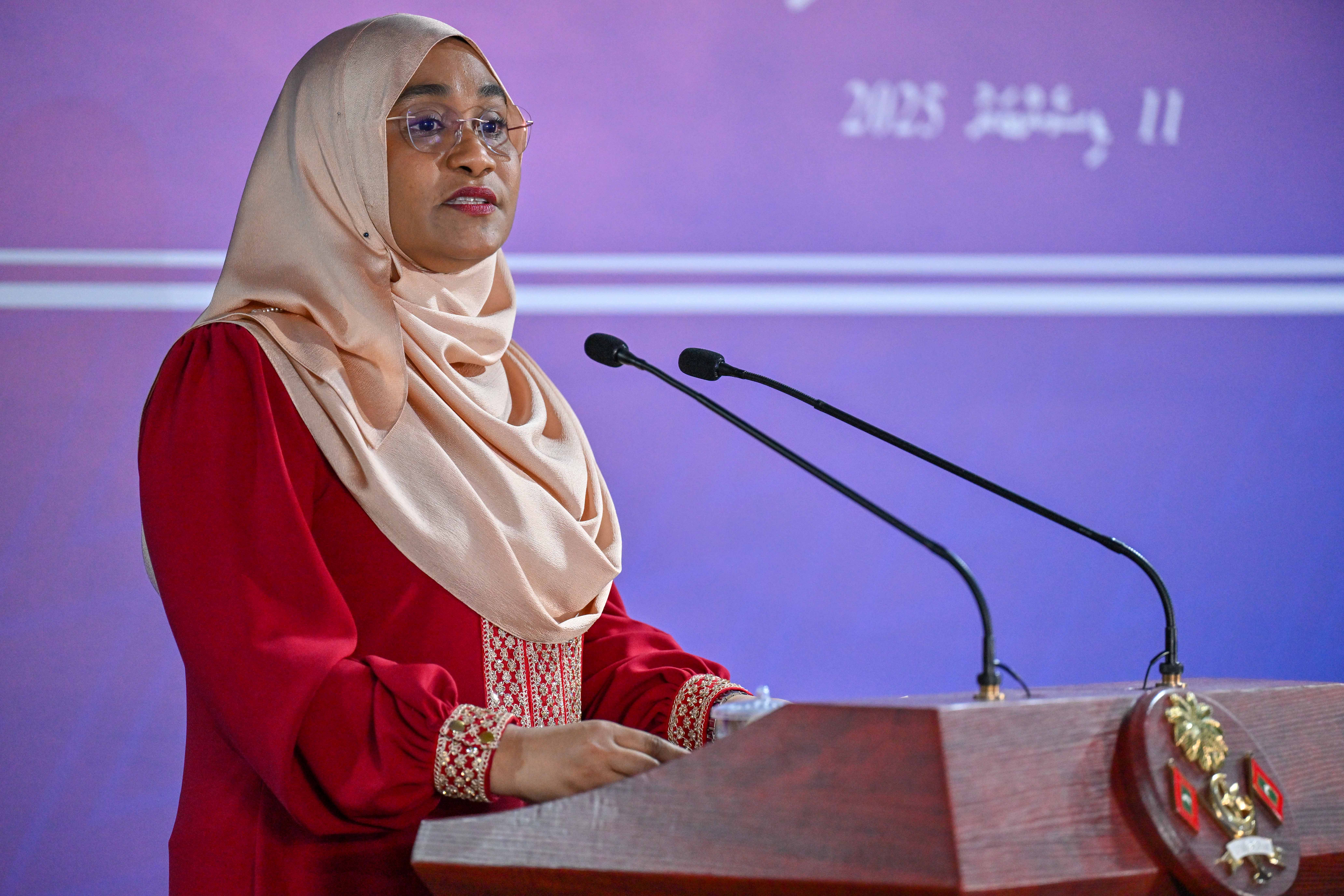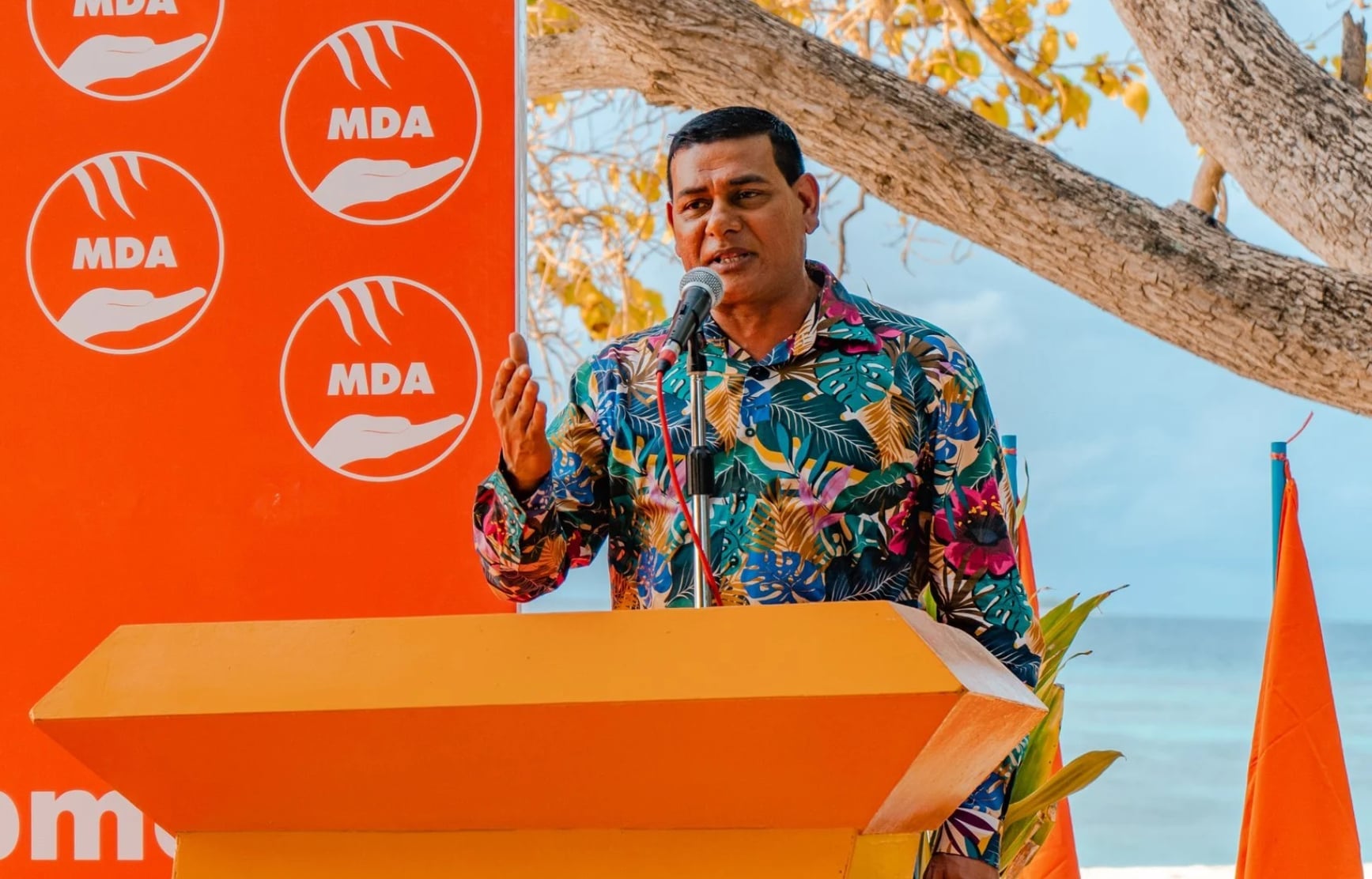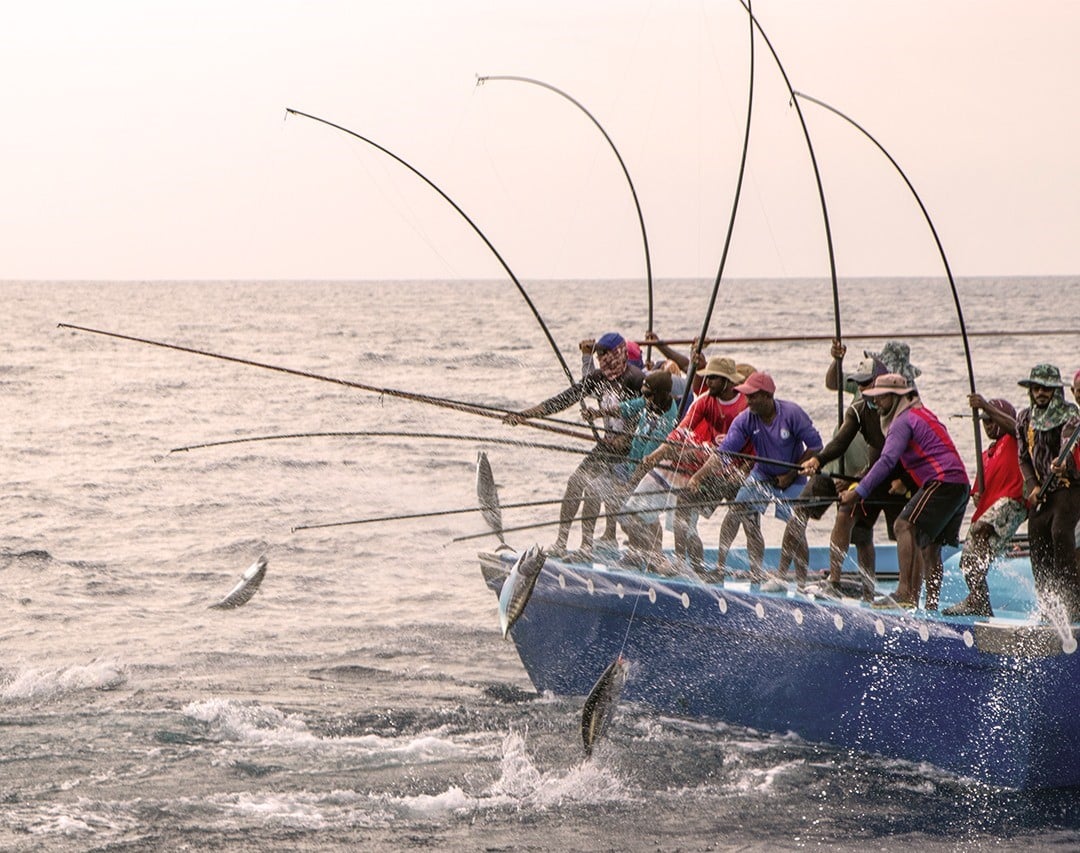The World Health Organization has declared the Monkeypox virus a public health emergency of global concern, stating that the expanding monkeypox outbreak in more than 70 countries is an “extraordinary” situation that qualifies as a global emergency.
A global emergency is the WHO’s highest level of alert but the designation does not necessarily mean a disease is particularly transmissible or lethal. Similar declarations were made for the Zika virus in 2016 in Latin America and the ongoing effort to eradicate polio, in addition to the COVID-19 pandemic and the 2014 Ebola outbreak in West Africa.
WHO Director-General Tedros Adhanom Ghebreyesus made the decision on calling monkeypox a global emergency despite a lack of consensus among experts on the U.N. health agency’s emergency committee, saying he acted as “a tiebreaker.” It was the first time a U.N. health agency chief has unilaterally made such a decision without an expert recommendation.
Announcing his decision to declare the health emergency during a media briefing in Geneva, Tedros confirmed that the committee had failed to reach a consensus, with nine members against and six in favor of the declaration.
“We have an outbreak that has spread around the world rapidly through new modes of transmission, about which we understand too little,” Tedros said. “I know this has not been an easy or straightforward process and that there are divergent views.”
“I know this has not been an easy or straightforward process and that there are divergent views among the members” of the committee, he added.
Tedros said there are now more than 16,000 reported cases from 75 countries and territories and five deaths.
Although monkeypox has been established in parts of central and West Africa for decades, it was not known to spark large outbreaks beyond the continent or to spread widely among people until May, when authorities detected dozens of epidemics in Europe, North America, and elsewhere.
In Africa, monkeypox mainly spreads to people by infected wild animals like rodents in limited outbreaks that typically have not crossed borders. In Europe, North America, and elsewhere, however, monkeypox is spreading among people with no links to animals or recent travel to Africa.
WHO’s top monkeypox expert, Dr. Rosamund Lewis, said this week that 99% of all the monkeypox cases beyond Africa were in men and that of those, 98% involved men who have sex with men.
A global emergency is the WHO’s highest level of alert but the designation does not necessarily mean a disease is particularly transmissible or lethal. Similar declarations were made for the Zika virus in 2016 in Latin America and the ongoing effort to eradicate polio, in addition to the COVID-19 pandemic and the 2014 Ebola outbreak in West Africa.
WHO Director-General Tedros Adhanom Ghebreyesus made the decision on calling monkeypox a global emergency despite a lack of consensus among experts on the U.N. health agency’s emergency committee, saying he acted as “a tiebreaker.” It was the first time a U.N. health agency chief has unilaterally made such a decision without an expert recommendation.
Announcing his decision to declare the health emergency during a media briefing in Geneva, Tedros confirmed that the committee had failed to reach a consensus, with nine members against and six in favor of the declaration.
“We have an outbreak that has spread around the world rapidly through new modes of transmission, about which we understand too little,” Tedros said. “I know this has not been an easy or straightforward process and that there are divergent views.”
“I know this has not been an easy or straightforward process and that there are divergent views among the members” of the committee, he added.
Tedros said there are now more than 16,000 reported cases from 75 countries and territories and five deaths.
Although monkeypox has been established in parts of central and West Africa for decades, it was not known to spark large outbreaks beyond the continent or to spread widely among people until May, when authorities detected dozens of epidemics in Europe, North America, and elsewhere.
In Africa, monkeypox mainly spreads to people by infected wild animals like rodents in limited outbreaks that typically have not crossed borders. In Europe, North America, and elsewhere, however, monkeypox is spreading among people with no links to animals or recent travel to Africa.
WHO’s top monkeypox expert, Dr. Rosamund Lewis, said this week that 99% of all the monkeypox cases beyond Africa were in men and that of those, 98% involved men who have sex with men.


















